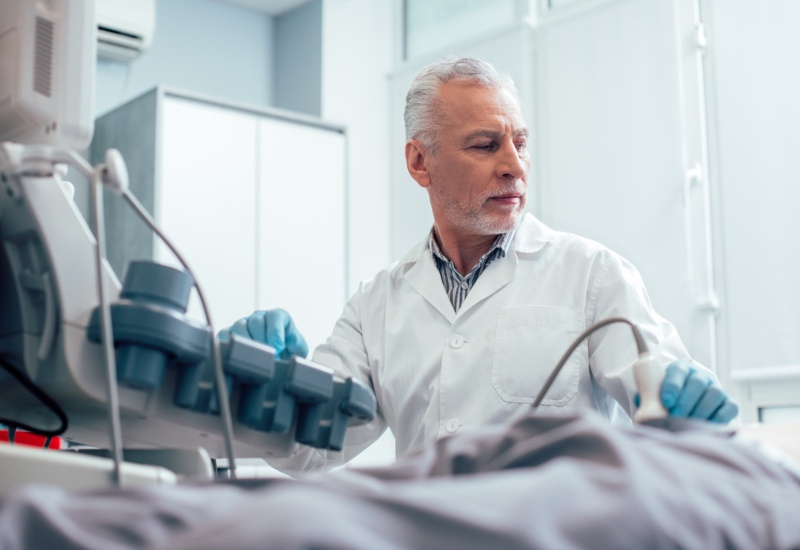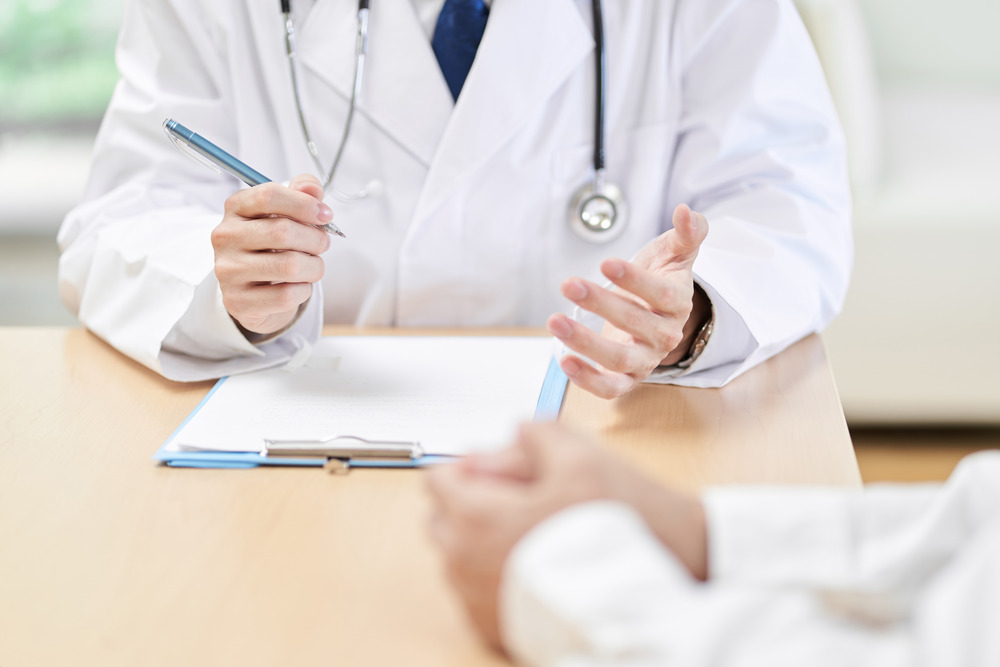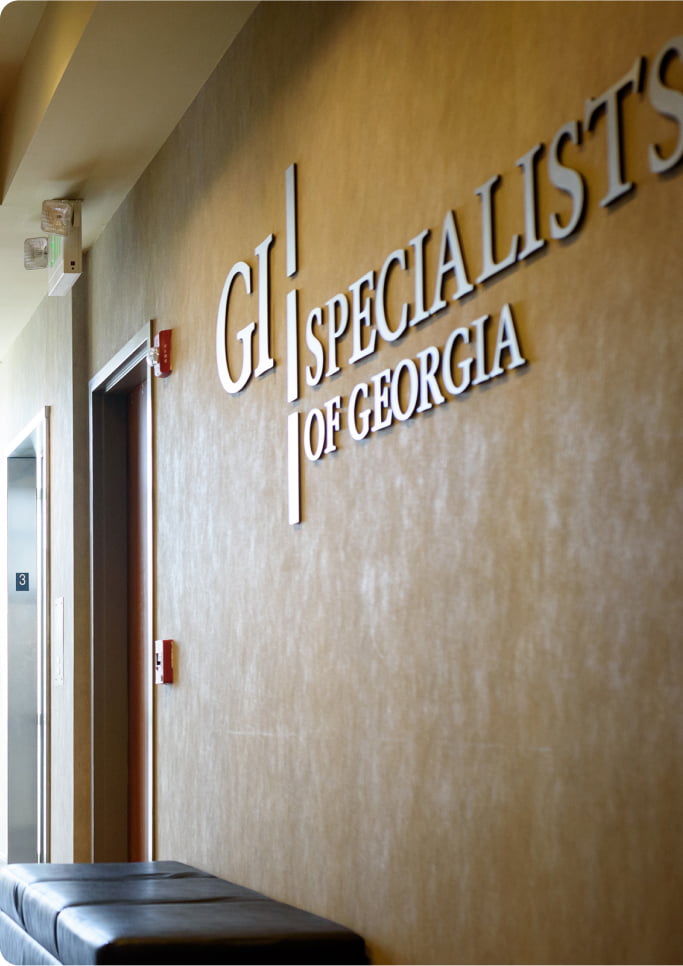We Offer a Non-Invasive Endoscopic Method

What is Spyglass Cholangioscopy?

When is Spyglass Cholangioscopy Used?
Spyglass cholangioscopy can help diagnose and treat various conditions relating to the bile ducts, liver, and pancreas. This unique procedure can help retrieve biopsies, diagnose cancers, determine the precise preoperative location of tumors, diagnose and evaluate post-transplantation biliary issues, study various infections, and more. The conditions that Spyglass cholangioscopy can help diagnose and treat include, but are not limited to, the following:
- Biliary and pancreatic duct cancers
- Pancreatic stones
- Pancreatic duct tumors
- Biliary stones
- Chronic pancreatitis
- Autoimmune pancreatitis
What to Expect During Spyglass Cholangioscopy
What to Expect After Spyglass Cholangioscopy

More About Spyglass Cholangioscopy
At GI Specialists of Georgia, Spyglass cholangioscopy is an effective diagnostic and therapeutic non-invasive endoscopic method used for direct visualization of bile ducts. Cholangioscopy is performed at Wellstar Kennestone Endoscopy Center, using the "Spy-Glass DS" system in conjunction with ERCP. This is a single-operator system attached to the ERCP scope. A small borescope is inserted directly into the bile ducts to guide optical and accessory devices for diagnostic and therapeutic applications during therapeutic ERCP.
ERCP is an adequate first step to diagnosing and treating most bile and pancreatic ducts diseases using x-ray imaging. The Spyglass DS can later be suggested if ECRP fails to provide this information. "Spy-Glass DS" provides direct visualization of the bile ducts allowing the endoscopist to a targeted biopsy characterizing benign versus malignant natures of biliary strictures and diagnosing intraductal tumors. The system also allows for direct fragmentation of bile or pancreatic duct stones.
Contact Our GI Specialists Today
Schedule an Appointment with Our Atlanta-Area Gastroenterologists
"*" indicates required fields

